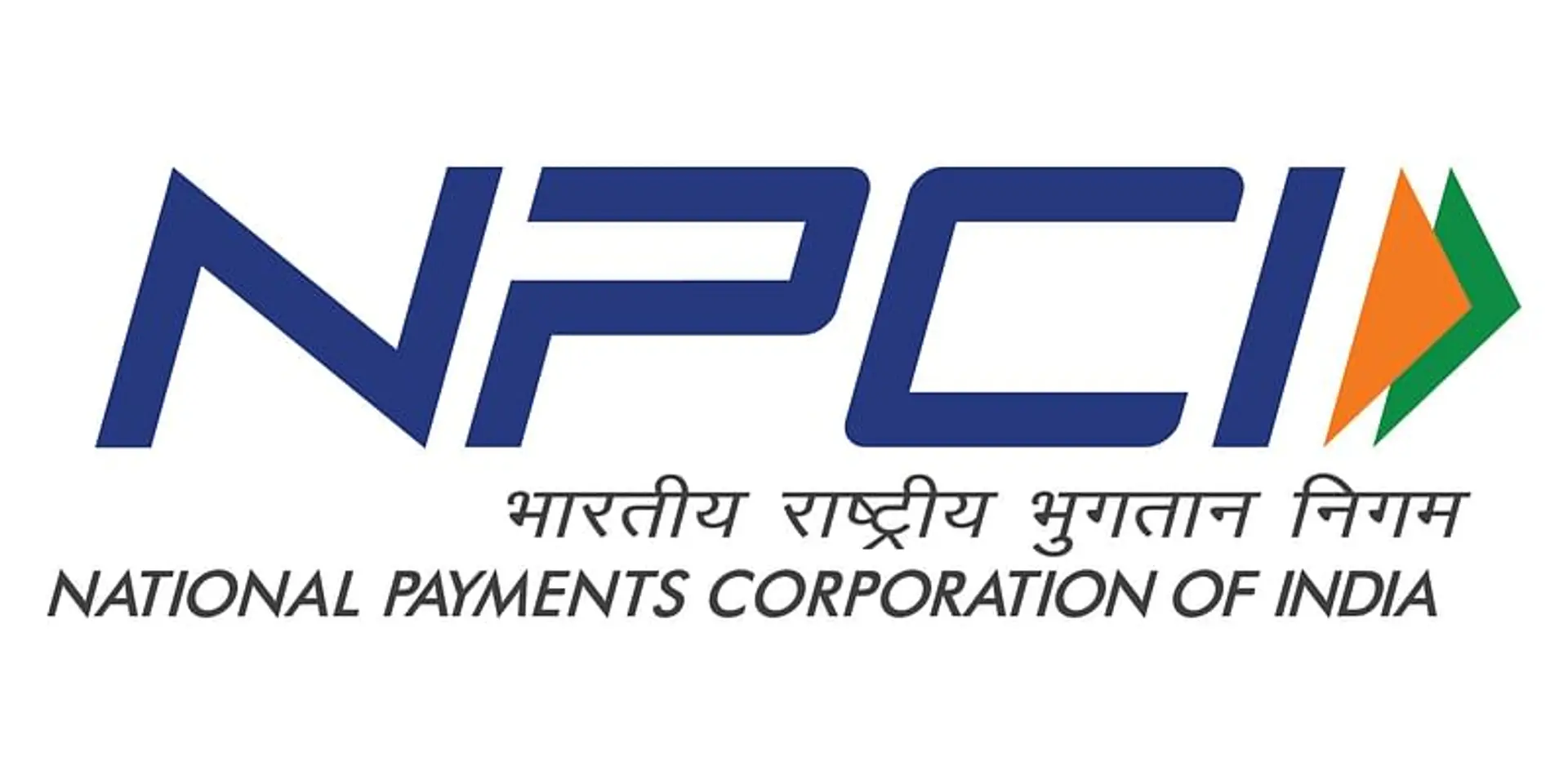NPCI spins off BHIM into a new entity amid foreign UPI app dominance
Launched in December 2016, BHIM processed transactions worth Rs 8,096 crore in July 2024 from 2.34 crore transactions as per UPI ecosystem data from NPCI.
The National Payments Corporation of India (NPCI) has hived off the payments app Bharat Interface for Money (BHIM) as a new entity.
"This development aims to meet the growing demand for digital transactions and evolving market expectations while keeping pace with innovation and rapidly shifting customer preferences. Additionally, it aims to promote financial inclusion," NPCI said in a press release.
Lalitha Nataraj as CEO and Rahul Handa as CBO will lead the new company NPCI BHIM Services Ltd or NBSL. Both executives bring over two decades of experience in banking and financial services, with expertise in areas like data analytics, mobile banking, payments, and consultancy.
The move comes amid concerns over the dominance of foreign-owned fintech apps like Walmart's PhonePe and Google Pay, which together hold nearly two-thirds of the UPI market share.
A parliamentary standing committee on communications and information technology, tabled earlier in February urged the government to promote local Indian fintech players.
The report highlighted that while BHIM UPI, launched in December 2016, was a promising domestic initiative, its market share remained low compared to foreign competitors. The committee argued that regulating local apps would have been more manageable for Indian authorities compared to foreign entities with multiple jurisdictions.
BHIM processed transactions worth Rs 8,095.99 crore in July 2024 from 2.3 crore transactions, according to UPI ecosystem data from NPCI. In contrast, market leader PhonePe enabled 127.6X more transactions than BHIM, processing payments worth Rs 10,33,588 crore in the same period.
In November 2020, NPCI announced a 30% volume cap on the market share of any single third-party UPI app provider (TPAP) in a bid to reduce concentration risk and promote competition in the UPI ecosystem.
It was initially supposed to come into effect from January 1, 2021, with existing TPAPs exceeding the cap given a two-year timeline to comply by December 31, 2022. However, NPCI extended the deadline for compliance to December 31, 2024, citing the need to avoid disruption to UPI's growth trajectory.
Reuters reported in May that NPCI is again set to defer implementing caps on market share.
Edited by Affirunisa Kankudti




